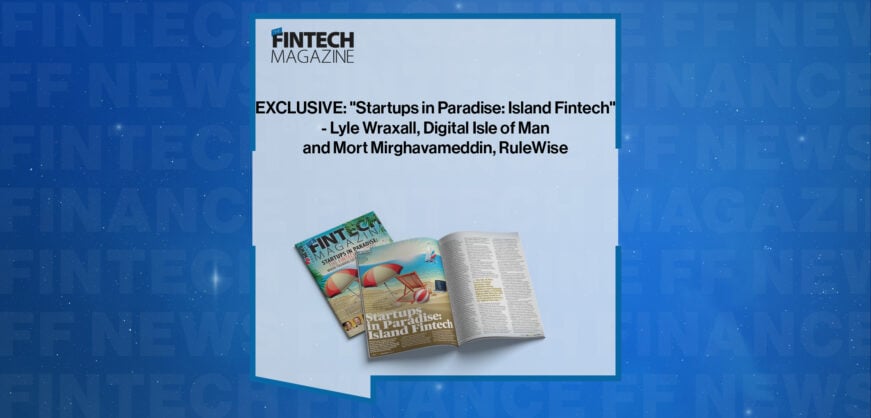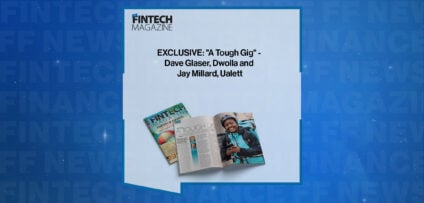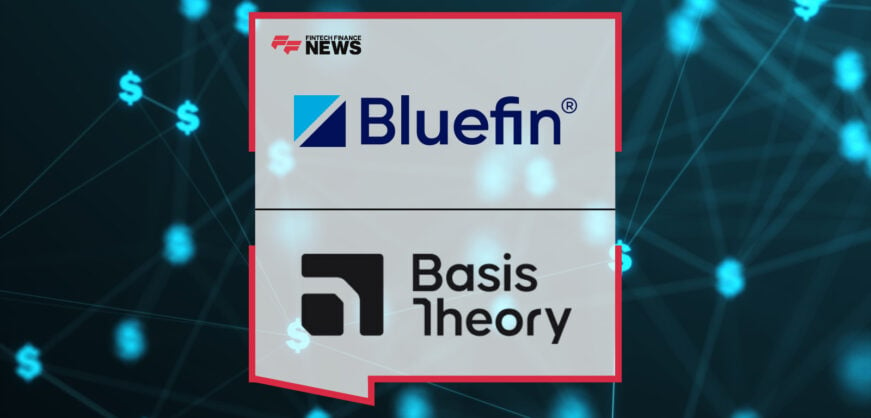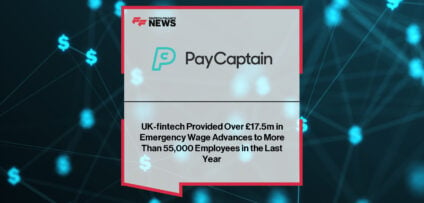Breaking News
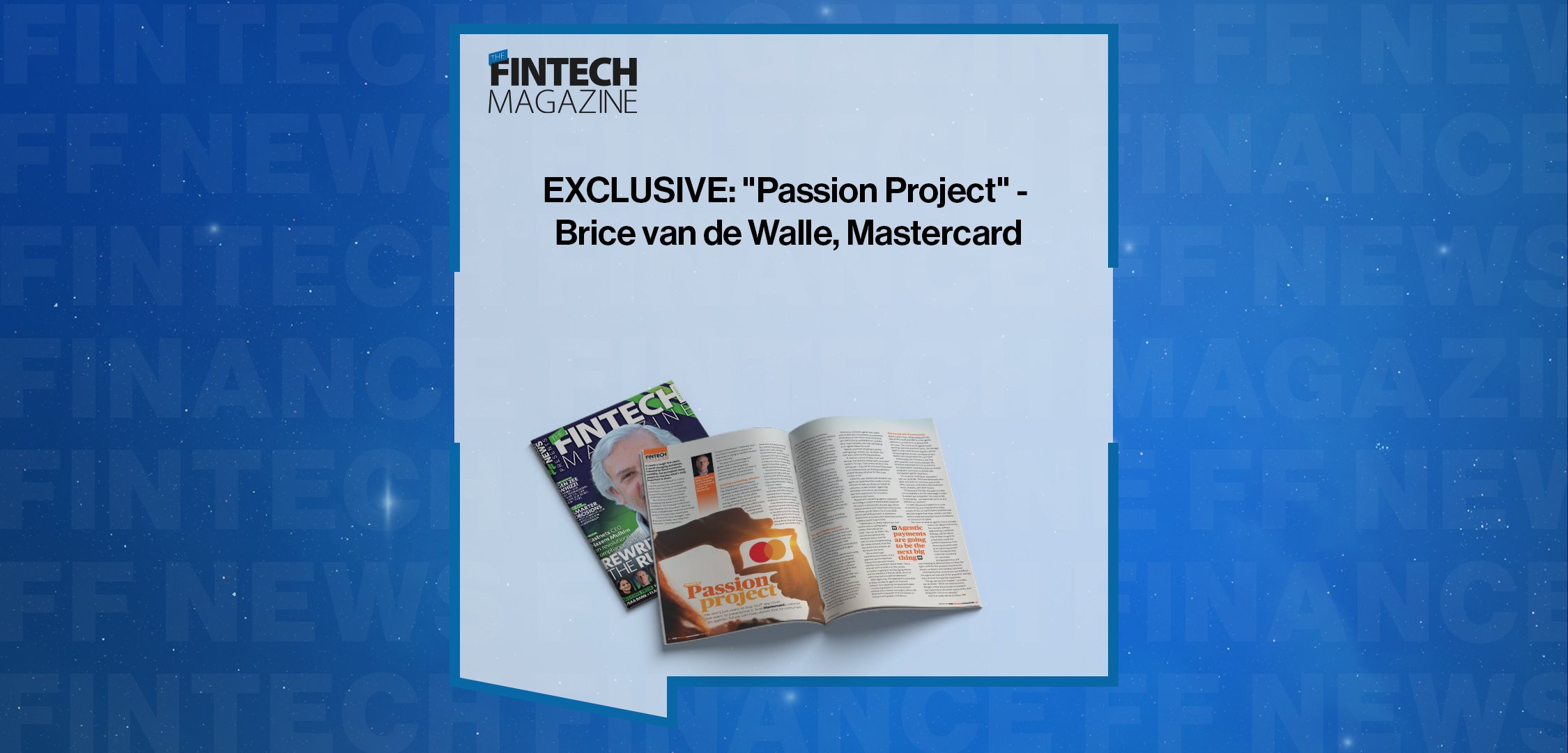
EXCLUSIVE: “Passion Project” – Brice van de Walle, Mastercard in ‘The Fintech Magazine’
We don’t just want to buy ‘stuff’ any more. We want to experience it. And Mastercard’s vision for an agentic future can help deliver that for consumers
It’s been a tough few years. A world-changing pandemic, followed by fierce economic volatility, has prompted many people to reassess what’s truly important to them.
And that’s manifested in a trend towards experiential consumption. Rather than stacking up material possessions, consumers are seeking enjoyment, pleasure, or emotional satisfaction from their purchases. This focus on intentional living is reshaping how banks serve their customers, too. Financial institutions are tapping into consumers’ desire to share unforgettable moments and forge connections with their loved ones.
“Consumers have changed,” says Brice van de Walle, Executive Vice President – Core Payments Europe at Mastercard. “Especially since the COVID-19 pandemic, people are interested in trying to live their passions more intensely.”
The payments technology and global card scheme provider is committed to blending these experiences with new AI-led ways to execute payments that prioritise personalisation and convenience.
Curating a compelling collection
The company recently introduced The Mastercard Collection, a suite of carefully curated, elevated benefits aimed at its most affluent cardholders. It straddles three central pillars: Dining, offering priority reservations at sought-after restaurants and specially crafted menus and experiences; Entertainment, with presale ticket access and premium seating for in-demand sporting and music events; and Travel, including streamlined airport experiences, such as access to fast-track security lanes and more than 1,350 airport lounges at major international airports across nearly 150 countries, as well as Mastercard-exclusive dining spaces.
The Mastercard Collection, which is accessible through a dedicated channel called priceless.com, hones in on what people value most and is informed by Mastercard’s extensive consumer research. It revealed that three-quarters of cardholders feel at their best when spending time on their passions, including culinary exploration, artistic endeavours, and cultural immersion. It also showed that around two-thirds are becoming more intentional about how they spend their time, focussing on the relationships that matter most. While this shift is reflected across all demographics, it’s especially true among the top 30 per cent of earners, who spend more than twice that of the average cardholder.
“Agentic payments are going to be the next big thing”
For financial institutions, capturing this audience’s attention and building long-term relationships is key. Further expanding its portfolio for high-spending cardholders, Mastercard has also released the World Legend card – which it refers to as its ‘most prestigious consumer card to date’. Designed for those who want access to the most exceptional and exclusive experiences, World Legend will be available to banks globally and has just debuted to cardholders in the US.
These new propositions complement issuing banks’ own benefits and rewards programmes, explains van de Walle, and enable them to create more differentiated products that drive loyalty and brand affinity. Through priceless.com and Mastercard’s integrated partner channels, cardholders can browse, book, and enjoy curated experiences.
“We’ve seen from our conversations with issuers that they’re constantly looking for things that can provide more benefits to consumers,” van de Walle adds. “So, we’re helping our banking partners provide specific benefits around the three passions we’ve specifically identified.”
Thanks to developments in AI, finding and paying for such ‘priceless’ experiences is also becoming effortless.
The age of agentic payments
McKinsey & Company, among others, has highlighted how customer experience is set to change even more drastically, with every home page and app expected to look very different over the next few years. Each touchpoint, it says, will become conversational, and there may well be a personal AI agent doing most of the talking.
“Over time, the normal website you’re using to purchase your trip may not be the first destination anymore,” says van de Walle. “Consumers will just use their AI agent to look for the best options for a holiday or business trip, and everything will be done automatically, from confirming the recommendation, selecting the hotel, and actually paying – potentially managing chargebacks or complaints, too.”
The high-net-worths of the world have likely already experienced a flavour of this. A number of wealth management firms have already embraced an early form of agentic AI to give their clients the ability to interrogate and execute investment decisions.
Some voice-activated agents even allow users to shift their investments around while at the wheel of their (soon-to-be driverless) cars. But it’s fair to say Mastercard, and the other major networks, are now betting big on an agentic future for us all.
“Agentic payments are going to be the next big thing,” believes van de Walle. But that raises some equally big questions. “AI relies on a tonne of data, so we will leverage that data but always with consumer consent,” he says. “Consumers remain in the driving seat – they can let us know if they want us to customise their purchasing experience using all the data attached to their card number or not.”
Earlier this year, Mastercard revealed new agentic AI capabilities that enable smarter software to make purchases on behalf of consumers. It own solution, Agent Pay, will deliver more secure, personalised payments experiences to consumers, merchants, and issuers. Mastercard’s pioneering agentic payments technology is rooted in tokenisation, based on the system it introduced a decade ago, which replaces sensitive card credentials with secure,merchant-specific tokens. As of June 2025, almost half of Mastercard’s e-commerce transactions in Europe were tokenised, but the company wants to go further.
“Tokenisation is simply replacing a card number with a cryptographic number that nobody can crack,” says van de Walle. “It’s not just encrypted at the merchant level or the PSP level, it’s also encrypted along the whole network, from the merchant to the acquirer, all the way to the issuer.
“We’ve seen huge improvements in terms of the approval rate for tokenised transactions because issuers now feel very confident about them. This is why we want to make sure the whole ecosystem is going to be leveraging tokens, and our ambition is that by 2030, all of our online transactions will be tokenised.”
With Agent Pay, this approach is extended to allow trusted AI agents to transact without ever exposing real payments data – a critical guardrail in an environment without direct human oversight, which will allow both consumers and businesses to transact with greater confidence.
The pivotal role of partnerships
Mastercard is busy collaborating with the likes of Microsoft and IBM to scale agentic commerce, as well as to accelerate B2B use cases. This could see AI agents handle sourcing, optimise payment terms, and manage logistics with international suppliers, before completing cross-border purchases using a Mastercard virtual corporate card token. Additionally, the company is working with acquirers and checkout players like Braintree and Checkout.com to enhance the tokenisation capabilities they are already using with merchants to deliver safe, transparent agentic payments.
“It’s all about creating an ecosystem,” says van de Walle. “We have merchants who work with PSPs on one hand, and on the other, we have cardholders who work with banks, fintechs, and other issuers.
“At the end of the day, you want to make sure everybody is on the same page, in order to create that ecosystem. You need to talk to everybody – we appreciate we’re no one without our partners.”
In 2022, Mastercard added to its suite of services by acquiring Dynamic Yield, a state-of-the-art optimisation platform and decision engine that helps retailers use their data to make personalised recommendations to consumers at speed. This hints at what an agentic future actually means. An affluent influencer, for example, perhaps approaching a landmark birthday, will be able to rely on their AI agent to proactively curate the perfect experience, from choosing exclusive seats at an upcoming concert from The Mastercard Collection, to bolting on a premium dining experience, and even drawing on personal data to select the right outfit for the occasion, based on the venue’s ambience and weather forecasts! Informed by their preferences and feedback, the agent can execute all the payments, leaving the customer to enjoy the experience.
“Things will become simpler,” concludes van de Walle. “What we need to ensure, though, is that the principle of excellent user experience sits at the centre of the shift, along with a focus on security.”
And that really will be priceless.
This article was published in The Fintech Magazine Issue #36, Page 34-35
People In This Post
Companies In This Post
- Bluefin and Basis Theory Partner to Enable Unified Tokenization Across Digital and In-Person Payments Read more
- Invest Bank and AUTON8 Build Partnership to Drive Digital Resilience and Banking Agility Read more
- ING’s AI Roadmap: Platform, People, and Agentic AI Read more
- UK-fintech Provided Over £17.5m in Emergency Wage Advances to More Than 55,000 Employees in the Last Year Read more
- TreviPay Announces AI-Powered Growth Center to Help Enterprises Predict Buyer Behavior and Drive B2B Sales Read more





